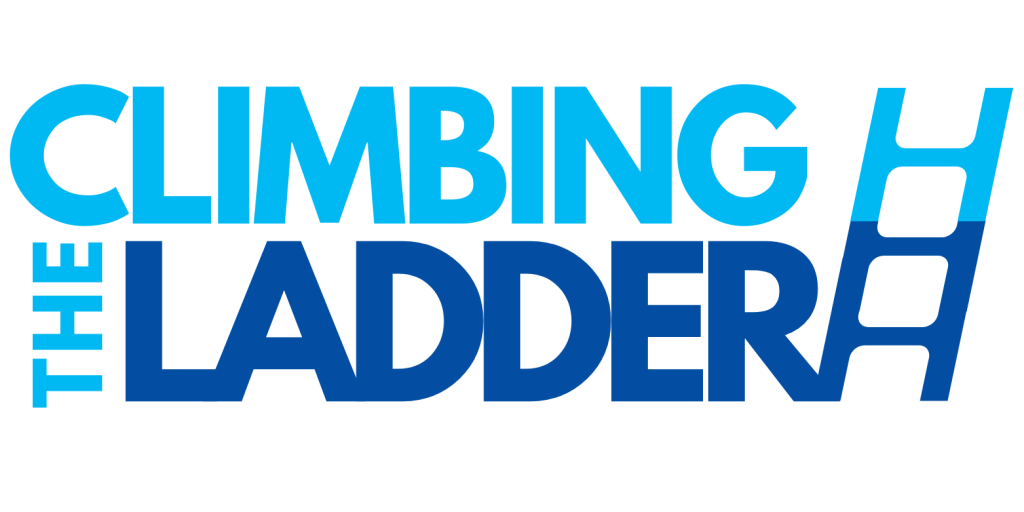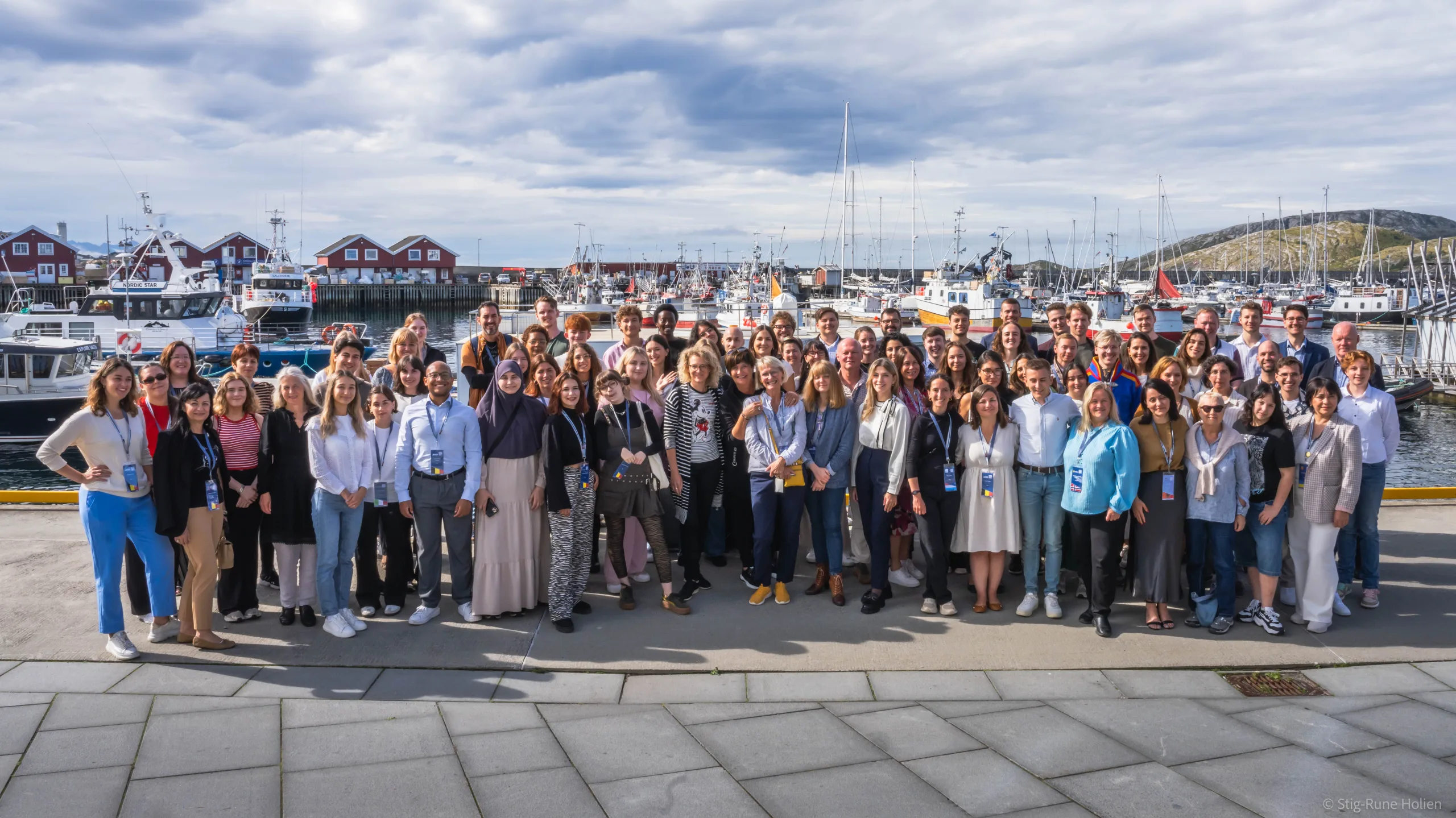
LATEST NEWS !
Are you an elected official at the local or regional level, committed to engaging young people in policy-making? Are you interested in connecting with like-minded policymakers from across Europe?
Apply for the Informal Network of Elected Officials, an initiative designed to foster exchange, collaboration, and policy innovation in the field of youth engagement!
Join us at the in-person event in Strasbourg (France) from 3 to 6 June 2025 to take part in a dynamic network of 30 passionate elected officials from across Europe, boosting inclusive governance and making sure young voices are shaping the future.
Apply HERE – don’t miss this opportunity, the deadline for the application is 4 March 2025!
What is the project about?
“Climbing the Ladder: Fostering a Culture of Youth Engagement” (acronym CL-YE) is an EU project funded by the Erasmus+ Programme entirely committed to addressing the needs for effective and meaningful structures, mechanisms and spaces to actively engage young people in policymaking and the decision-making processes. It is a well-known fact that young people need to be more involved in public governance through organised and structured approaches, as recommended in many OECD publications and evidence-based research. While in some contexts certain mechanisms for youth engagement do exist, in others they do not exist at all, or they lack concrete means, resources, and support to have a real impact. Often, key stakeholders such as youth workers, youth organisations and young leaders lack the capacity, knowledge or tools to enable the change in youth participation mechanisms and young people are not enough informed to undertake a shared decision-making process. The project gathers seven experienced partners across Europe to produce several outputs, useful for overviewing and understanding the role attributed to young people, from tokenism to consultation or co-management. The main tool used for the evaluation of models and mechanisms is the “Hart’s Ladder”, the Ladder of Participation re-elaborated by Roger Hart, a practical tool to explore and evaluate models and mechanisms for youth engagement.
What are the project’s key objectives?
The CL-YE project builds on the main ambition to provide, through several actions and outputs, a comprehensive approach to support young people in becoming actively involved in the political arena and to create the basis for developing new policies aligned with the needs and vision of the new generations. The key stakeholders, such as youth workers, youth organisations, young leaders and young people, will be consulted during different phases of the project and an Advisory Group of 12 members will be created to ensure the reaching of results and the quality of the produced outputs.
With a unique combination of desk research, and targeted onsite and online activities, the project will provide clarity in the field of youth engagement and a real impact on upscaling the voices of young people to bring their vision into policymaking.
How will the objectives be achieved?
Through an analytical and structured approach, the project will produce the following main outputs:
- Map and examine different models and mechanisms for youth engagement in Europe, at the local, regional and EU levels based on the concept of the “Hart’s Ladder”;
- Identify and showcase different good practices to encourage young people, policymakers and practitioners to involve the youth perspective not only on the level of the intent but rather in an institutional way;
- Create an accessible platform to be consulted in the identification of the most suitable youth engagement mechanisms, to be implemented in the local context;
- Establish two brand-new independent networks, one of young facilitators and another of young city/regional councillors, to promote citizens’ participation and democratic engagement at the local and regional levels with a strong connection to the EU level.
The project foresees three dedicated study visits:
- Bodø (Norway) 2-17 August 2024, hosted by Nordland County Council. The AER Summer Academy was a pivotal part of the study visit
- Bratislava and Vienna (Slovakia and Austria), 7-11 October 2024, hosted by EDYN with a one-day roundtrip to Vienna
- Brussels (Belgium), 2-6 December 2024, hosted by AER. The AER Autumn Bureau was a part of the study visit, together with visits to different EU institutions and Advisory Bodies
The study visits allowed project partners to observe models of youth engagement in place in the hosting countries and to create meaningful connections with local stakeholders, as well as connect with many European institutions to explore how the youth’s perspective is considered and institutionalised in decision-making processes.
Through a dedicated series of events, such as the delivery of a training module for young people (18-25 years old) to become facilitators for democracy, and the organisation of strategic meetings for young facilitators, and a high-level event with young elected officials in Strasbourg, the project will create the proper network to upscale the results’ impact. The project activities will be closed with a series of multiplier local events, hosted by each project partner respectively, and a final conference in Lisbon (Portugal), to maximise the outreach and the impact.
Who is working on the project?
The project consortium is composed of 7 partners across Europe:
- DYPALL Network (Portugal)
- EUROPIAMO (Italy)
- NORDLAND County Council (Norway)
- EDYN | European Youth Democracy Network (Slovakia)
- YEPP Europe | Institute for Youth and Community Empowerment International Academy Berlin (Germany)
- SQLearn (Greece)
- AER | Assembly of European Regions (France)
The project is coordinated by DYPALL Network (Developing Youth Participation At Local Level), a European platform of more than 80 civil society organisations and local authorities from more than 30 countries. The main scope of DYPALL is to involve young people in decision-making processes at the local level and to engage them as active actors in problem-solving.
Each partner, with its expertise, context and network, brings a unique value to the project.
The AER role in the CL-YE project
Democracy and active citizens’ engagement in democratic processes are two of the AER core values and priorities, together with actively supporting youth engagement and informed participation through its Programmes and Task Force on Youth. With a framework for youth mobility, employment, entrepreneurship, lifelong learning, youth political participation and active citizenship, the AER advocates for youth empowerment among other priorities.
In this project, the AER is one of the full partners and is contributing to all shared activities and desk research tasks. More specifically, the AER is in charge of leading the mapping activity of models and mechanisms of youth engagement, whose output will result in the production of a public document reporting the outcome of such analysis. Among the other responsibilities, the AER is hosting one of the project study visits in Brussels, merging it with one of its statutory events. In support of the Summer Academy hosted by Nordland County Council, the AER also contributed to the organisation’s support and the definition of the content of thematic workshops centred around youth engagement and culture.
The AER Youth Regional Network (YRN) is another added value linking the AER to the CL-YE project, as it is one of the models and good practices of youth engagement showcased within the project and its members can take part in the activities initiated within the CL-YE project.
The AER amplifies the impact of the project results by contributing to the overall communication and dissemination strategy through its channels, with its social media engagement and network.
CL-YE publications
The CL-YE project envisages the production of a series of public intellectual outputs with the aim to be shared as much as possible. Download and access them by clicking on each name below!
1) Models and Mechanisms of Youth Engagement | Lead partner: AER
2) Good Practices and Case Studies | Lead partner: EDYN
3) Qualitative Guidelines | Lead partner: DYPALL
4) Pool of Youth Facilitators for Democracy (upcoming) | Lead partner: DYPALL
5) Informal Network of Elected Officials (upcoming) | Lead partner: AER
6) Strategic Plan for the Pool of Youth Facilitators for Democracy (upcoming) | Lead partner: EUROPIAMO
7) Reports of the Study Visits (upcoming) | Lead partner: NORDLAND
8) Project dissemination report (upcoming) | Lead partner: YEPP
Check out more about the CL-YE project on the official website at this link!
The CL-YE project is financed by the Erasmus+ Programme of the European Union under the call ERASMUS-YOUTH-2023-YOUTH-TOG

![[REGISTRATIONS ARE CLOSED] Regions Shaping Europe’s Future | Autumn Bureau & Working Groups](https://aer.eu/wp-content/uploads/2024/09/AER-Autumn-Bureau-2024-1-2-jpg.webp)
[REGISTRATIONS ARE CLOSED] Regions Shaping Europe’s Future | Autumn Bureau & Working Groups

Highlights from the Summer Academy of Culture in Bodø | Insights of the CL-YE study visit on models of youth engagement

